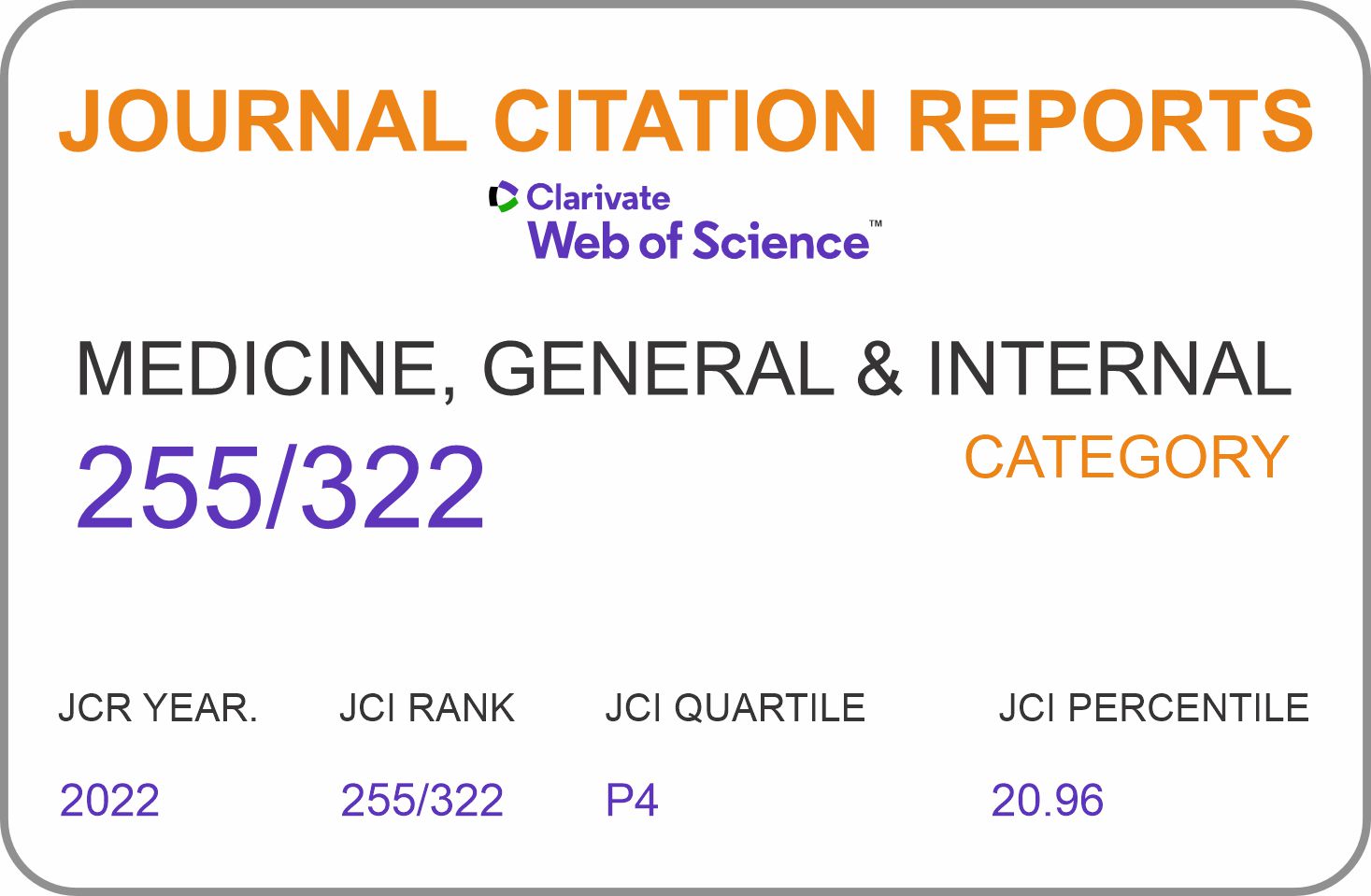Scientific Writing Series: Cohort studies
DOI:
https://doi.org/10.35434/rcmhnaaa.2020.133.751Keywords:
Cohort study, Research design, Epidemiologic Studies, Limitations, StrengthsAbstract
Objetive. The cohort study is an observational design. This only includes participants who have the same risk of being exposed, then compares who is exposed and unexposed presents the outcome of interest during the same period. The temporality between the exposure and the outcome of interest in a cohort study is well defined because it is certain that the exposure antecedent to the outcome of interest. Cohort studies can be prospective, retrospective, or a combination of both. One of the main advantages is its longitudinal nature, making it possible to estimate the incidence and relative risk as an association of interest. Some variables may vary over time, so it is essential to use advanced data modeling techniques such as fixed and random effects models.















